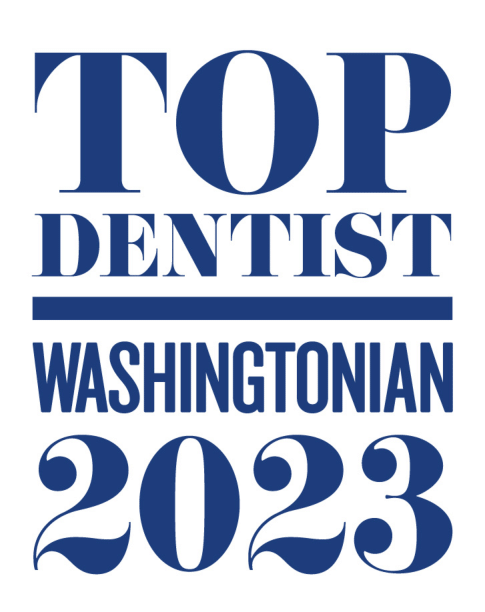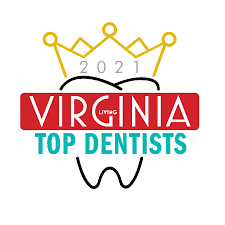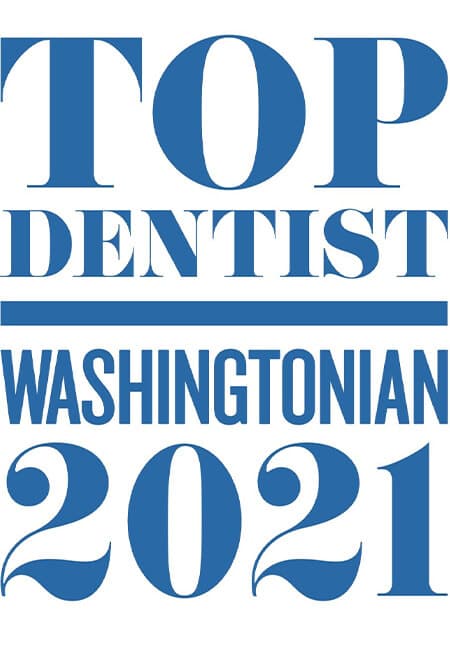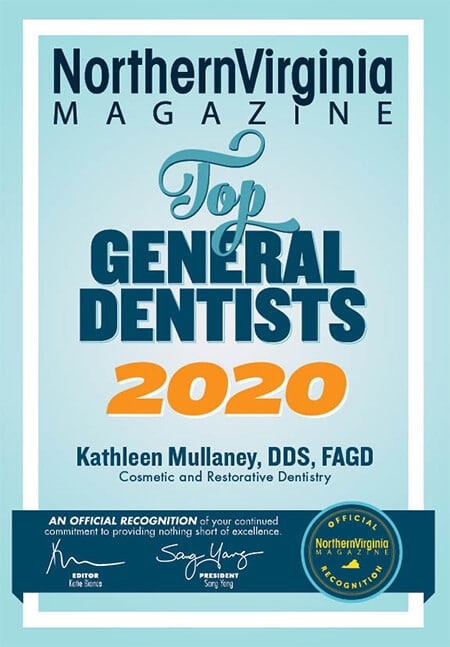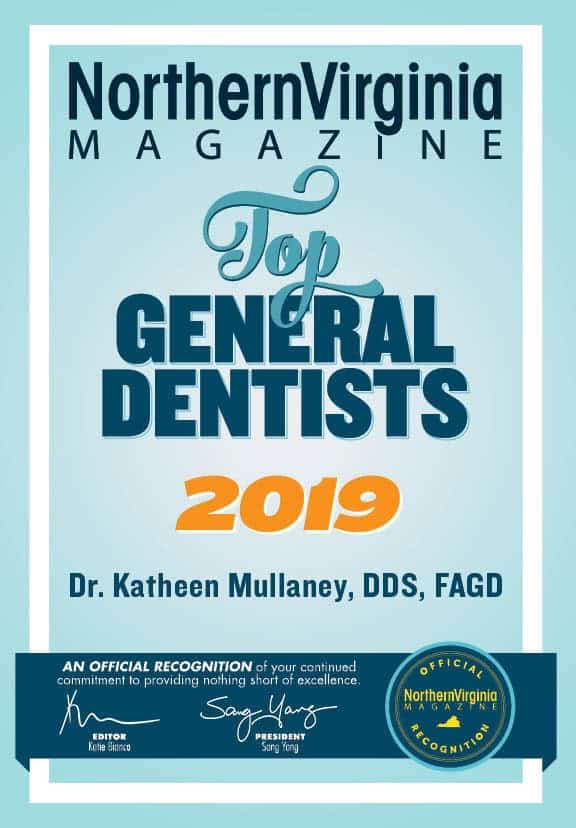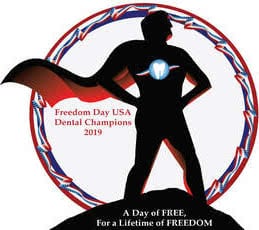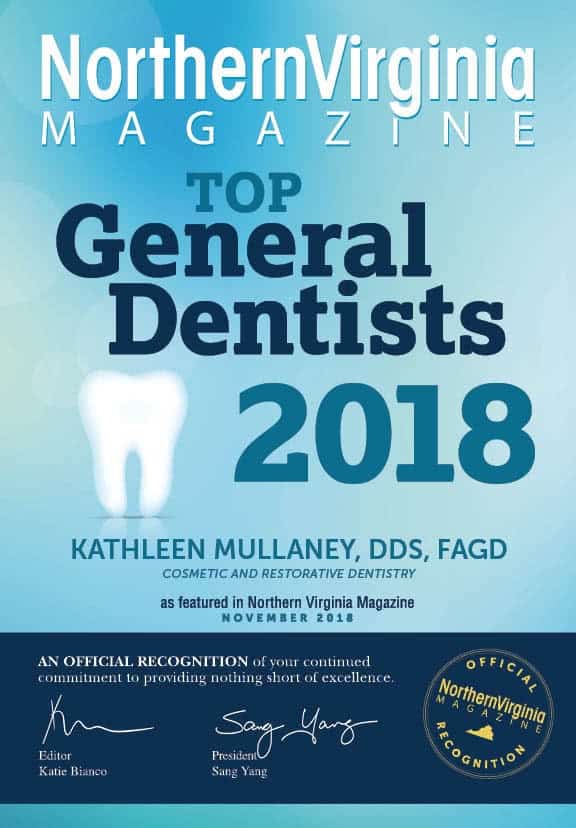Is Chewing Gum Bad for Your Teeth?
People have enjoyed chewing gum for years, and its history goes way back to ancient times. But whether gum is harmful to your teeth is still up for discussion. Some say it’s bad, while others think certain kinds of gum can actually benefit you.
In this article, we’ll explore how chewing gum affects your teeth, discuss the benefits of sugar-free gum, and share tips for keeping your teeth healthy. Learn more below!
Is Chewing Gum Bad for Your Teeth?
Gum can be a friend or foe to your teeth. It all depends on the type you choose.
Gums with sugar can harm your teeth because they give bacteria a place to grow, making plaque and increasing your chances of getting cavities. When sugar breaks down in your mouth, it turns into acids that can attack your tooth enamel, the hard coating that protects your teeth. Over time, these acids can weaken your enamel and lead to decay.
Our Alexandria dentist, Dr. Mullaney, recommends opting for sugar-free gum instead, especially those with the American Dental Association (ADA) seal. These gums meet safety and effectiveness standards for oral health.
5 Benefits of Sugar-Free Gum
- Increases Saliva Production
Chewing gum boosts saliva flow, which acts like a natural mouthwash, rinsing away bacteria, neutralizing acids, and promoting a healthier mouth.
- Prevents Cavities
Sugar-free gum, especially those with xylitol, can reduce the number of cavity-causing bacteria in your mouth, helping protect your teeth from decay.
- Strengthens Tooth Enamel
Some sugar-free gums contain CPP-ACP, a substance that can remineralize and strengthen tooth enamel, making your teeth more decay-resistant.
- Freshens Breath
Gum can help combat bad breath by increasing saliva flow and masking odors, leaving you feeling minty fresh.
- Keeps Your Teeth Clean
Sugar-free gum helps remove food particles and debris from your teeth, contributing to better oral hygiene and reducing the risk of plaque buildup.
Chewing Gum and Potential Concerns
While sugar-free gum helps more than it hurts your teeth, you can have too much of a good thing. Here’s what to watch for:
Jaw Pain (TMJ Disorder)
If you have temporomandibular (TMJ) disorder, chewing gum excessively can make your jaw pain worse. Talk to Dr. Mullaney before making gum a daily habit.
Headaches
Some studies link frequent gum chewing to migraines and tension headaches. If you’re prone to headaches, limit your gum chewing and see if it helps.
Digestive Upset
Xylitol can cause digestive issues for people with irritable bowel syndrome (IBS). Try gum sweetened with stevia instead.
Remember, moderation is key. Gum isn’t a replacement for brushing, flossing, and regular dental checkups.
Maintaining Good Oral Health
Whether or not you choose to chew gum, maintaining good oral health practices is essential for a healthy smile. Here are some key tips to keep in mind:
- Brush your teeth twice daily using a fluoride toothpaste and soft-bristled brush.
- Floss daily to remove plaque and food particles from between your teeth.
- Use mouthwash to rinse your mouth and freshen your breath.
- Follow a balanced diet that limits sugary foods and beverages.
- Avoid smoking and excessive alcohol consumption.
- Replace your toothbrush every 2-3 months or sooner if the bristles become frayed.
- Schedule regular dental check-ups and cleanings.
Get in Touch With Our Alexandria, VA, Dentist Today
Want to learn more about oral health or schedule an appointment? Contact Dr. Kathleen Mullaney, DDS, today! Our experienced dental team is here to help you achieve a healthy, confident smile.
Author Bio: Dr. Kathleen Mullaney offers various general and cosmetic dentistry services in Alexandria, VA. She earned her doctorate in dental surgery from the Medical College of Virginia (MCV) and proudly served as a United States Navy dentist before opening her practice. With over 25 years of experience, Dr. Mullaney is delighted to be one of Old Town’s most respected and sought-after dentists! Call 240-532-3335 to schedule an appointment.

